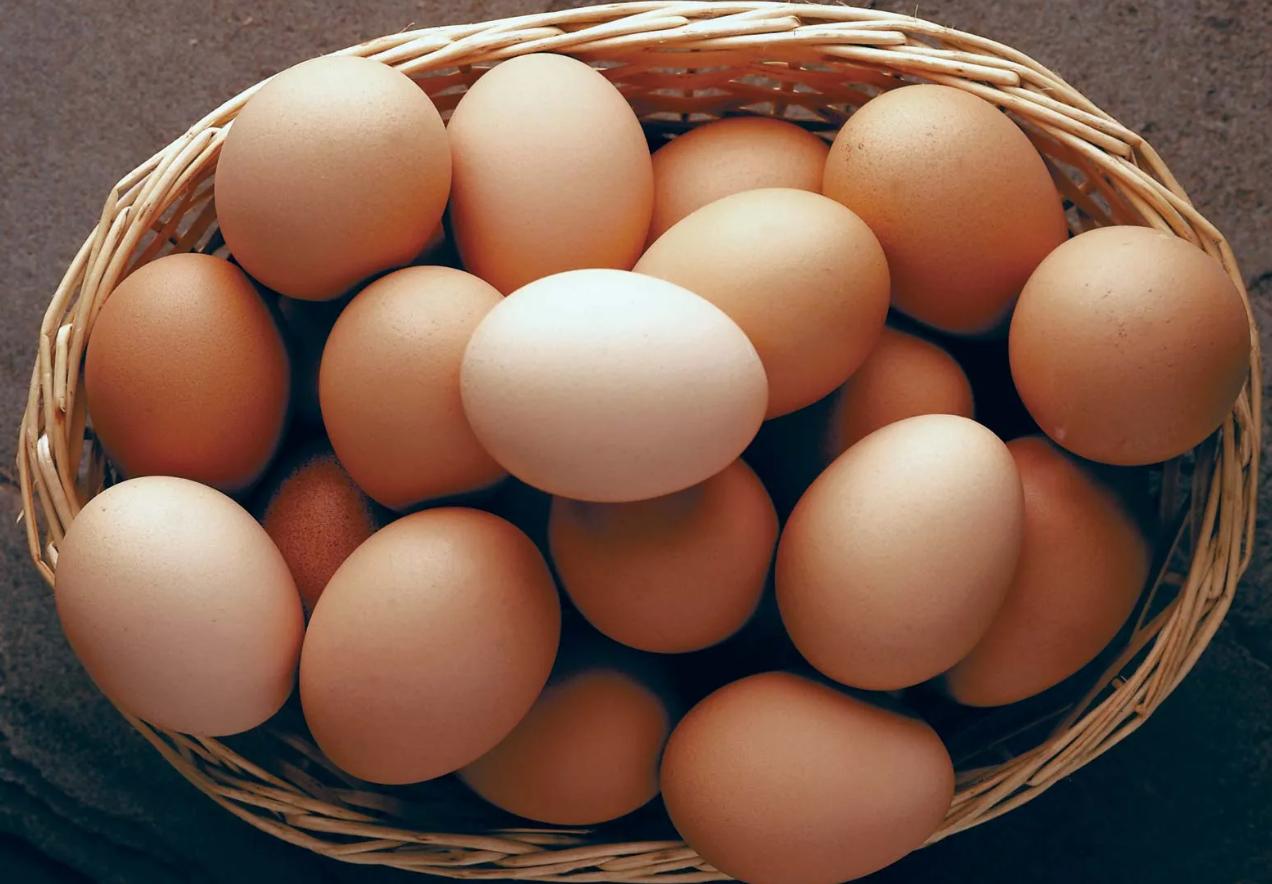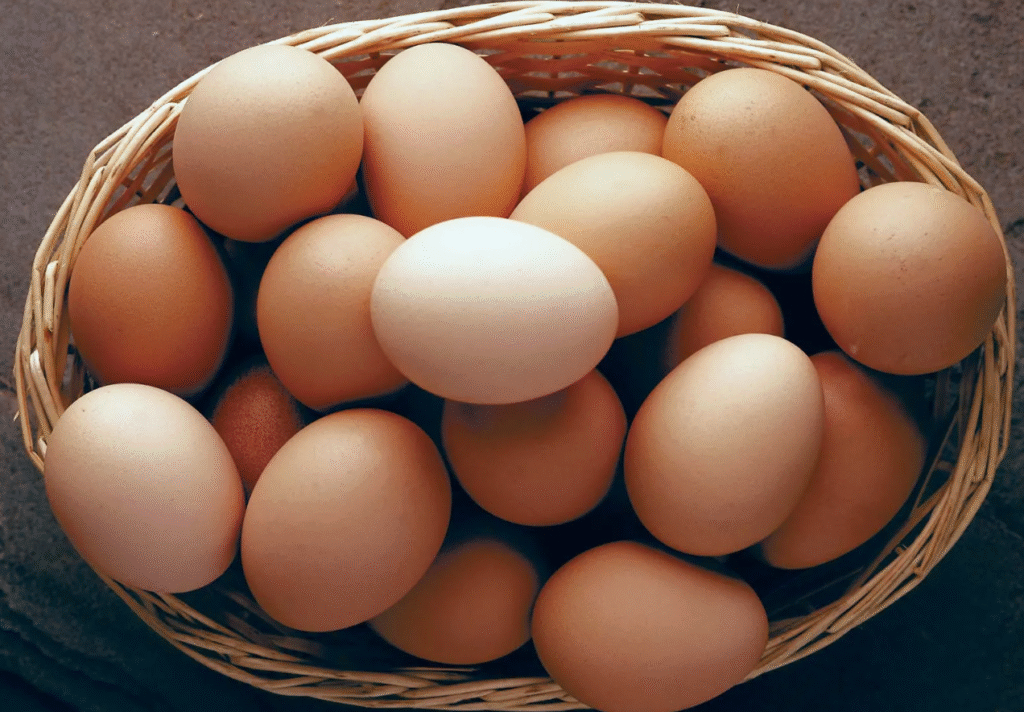
MANGILAO (DOAG) — The Guam Department of Agriculture announces the partial lifting of the avian influenza-related import ban, allowing the importation of hatching eggs while maintaining the ban on live poultry. This decision follows a careful assessment of disease risks and the need to support Guam’s poultry industry.
The import ban on live poultry remains in full effect as highly pathogenic avian influenza or HPAI continues to devastate poultry and dairy production across the United States. The virus remains a severe threat to poultry populations, and Guam will not permit live birds until further notice, to protect local flocks and prevent disease introduction.
Why hatching eggs are now allowed
Scientific research and expert assessments confirm that hatching eggs pose a significantly lower risk of introducing HPAI compared to live poultry. The virus does not pass from hens to embryos inside eggs, and proper sanitation before shipment further minimizes risk. Additionally, the incubation process used for hatching eggs (maintaining eggs at around 100°F) inactivates any viral particles present on the eggshell surface. Given these factors, DOAG has determined that hatching egg imports can resume under strict biosecurity conditions.
Updated import requirements for hatching eggs
To ensure continued protection against HPAI, the following conditions apply to all imported hatching eggs:
• Health certification: Shipments must include a veterinary health certificate from an accredited veterinarian, confirming that the source flock is free from HPAI.
• Sanitation protocols: Exporters must implement and document an approved sanitation process before shipment, including:
o Thorough cleaning to remove organic matter
o Disinfection with EPA-approved avian influenza disinfectants
o Fumigation or fogging to eliminate potential surface contamination
o Strict biosecurity measure during handling and transport
• New packaging: Hatching eggs must be shipped in new, unused containers.
• Inspection on arrival: All shipments will be inspected by designated officials before being cleared for entry.
The Department of Agriculture remains committed to protecting Guam’s poultry industry while ensuring access to essential resources like hatching eggs. The department will continue to monitor the global HPAI situation and adjust policies as necessary.
For more information on import procedures, contact the Guam Department of Agriculture’s Animal Health Division at (671) 300-7966/64 or contact the territorial veterinarian, Dr. Mariana Turner at mariana.turner@doag.guam.gov/.
Additional information on biosecurity for non-commercial backyard flocks can be found at http://healthybirds.aphis.usda.gov/.











